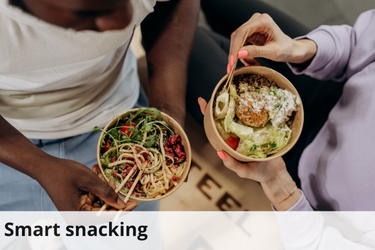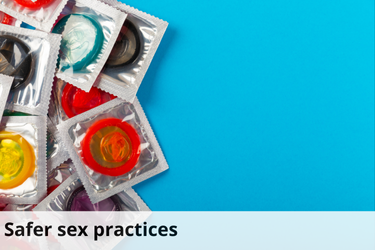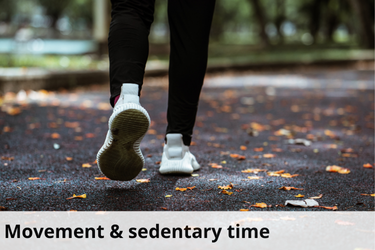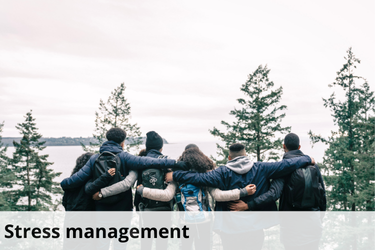Health and Wellness Resources
Looking for quick tips, access to online or external resources on specific health topics? Browse our health resources organized by topic below to get useful information now.
NOTE: These resources are suggestions and are not intended to replace therapy or medical care. Links found on our website should not be considered as endorsements of all of the content. We do not monitor external websites.








